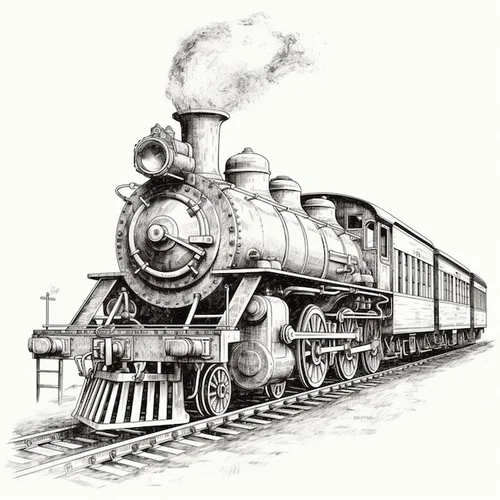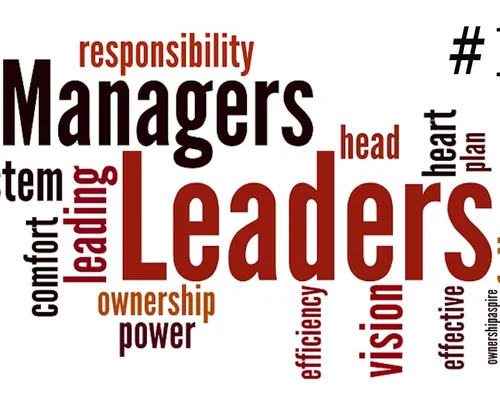· romania
A Grateful Appreciation for a Special Personality or Who doesn’t have a German, Get one
German leader builds a talented IT team in Romania, defying rules & sparking success. A tale of trust, impact, and an unique retirement event/party.

Our lives are influenced to a greater or lesser extent by the people around us. Some people leave a mark on our lives as individuals, but fewer are the ones who touch the lives of many. I'm not talking about politicians, artists, athletes, inventors, billionaires, or the like. I'm talking about ordinary people like you and me. Today’s article is about such a person.
He just had his retirement party a week ago, with 165 guests, 70 of whom traveled from Germany to Romania. Among many others from Romania, my wife and I were also invited. The event took place outside Brașov, near the city of Codlea, at a fancy location. The name of the place, Serenity Resort, seemed very fitting for the occasion—a retirement celebration. However, it was anything but tranquil at the party. The event had the scale of a wedding by Romanian standards—Prosecco and cocktails at the entrance, with German fanfare music performed by the Jugendblaskapelle Kronstadt. Kronstadt is the German name for Brașov, in case you did not know. Then, on stage, the “Lads of Brașov” dancing ensemble performed traditional Romanian dances. A DJ showed up to mix dance music, followed by a well-known singer who performed rock songs. She represented Romania at the 2009 Eurovision Contest—her name is Dalma Kovács. There was food and all kinds of drinks to suit every taste, including shots. What did I say? A program worthy of a wedding. Excellent quality, I must add.
You're probably wondering, who is this guy? He was born in the early sixties in West Germany and worked for IBM his entire life. He celebrated his retirement after 40 years with the company. For younger generations, this record is not only unbelievable, but incomprehensible. The last 16 years of his career were closely tied to Romania, where he built platforms and products for the German insurance industry. Behind those products, he built one of the most successful teams of consultants, developers, testers, business analysts, mobile developers, DevOps specialists, and Agile and Project managers. He hired the first person for the team and continued to do so until today when the team has grown to around 120 people. He always conducted his interviews in person, face to face, and they were not easy. In the beginning, he required German language skills, but later, he shifted his focus to IT knowledge and other soft skills. The interviews had a technical part, an IQ and logic section, and a client-facing/consulting skills portion. Examinations were conducted in both English and German. They were painful! Everyone who worked for him clearly remembers the shocking interviews they had with him.
I first met him in 2010. He had just started assembling his team in Brașov, and I had been recently appointed as the Romanian Delivery Center Leader. I met him in Bucharest at the request of my managers, including HR/Recruitment and Workforce Management. Some of my colleagues from support functions and business leaders were complaining about him for not following our internal processes. A real conflict was about to ignite. The concerns were valid, and initially, I sided with my team. In practice, he created his recruitment process, from selection to onboarding. He interviewed all candidates face to face, breaching the internal rules and regulations of the Delivery Center which were set to improve recruitment process productivity. As a result, managers were frustrated because the acceptance rate was only 5%. That is right—one in every 20 candidates was accepted. A lot of work was wasted, my people claimed.
I remember the conversation as if it were yesterday. He was wearing a suit and a matching tie, looking sharp like the consultant he was. His message was rather short after I expressed my concerns about his way of working, mentioning issues raised by my leaders. He said, 'Hary, you need to trust me on this one, and it will be my way or... the highway. If you cannot accommodate my style, my process, and my strategy, I will close the German insurance industry initiative here in Romania and move it to Belarus, where we, IBM Germany, have strong connections.' He continued, 'If you allow me, I will build a team of extremely skilled people here—a factory of highly performing consultants and IT specialists.' And so, he did!
I went back to my management team and, somehow against my beliefs, asked them to allow him to do things his way—against the rules and processes I had imposed. I was lucky to make the right decision, and the results can be seen today, after 16 years. The products built in Romania bring in a few hundred million euros in Germany and have helped IBM gain a serious market share in the German insurance market. As a bonus for us, in Brașov, and later in Cluj, we built waves of excellent consultants, IT specialists, and managers, many of whom are fluent in German in addition to their technical and managerial skills. We would not have been able to do that without our German colleague, who eventually became a friend for some.
Life around him was not always easy, but people respected him and were fond of him, simply overlooking aspects like micromanagement, obsessive attention to detail, the continuous search for perfection, or, at times, stubbornness.
Our character never achieved a high-ranking position in IBM; he reached the level of Associate Partner. Some say that he didn't want an executive position, while others believe that because he was always a 'wild duck,' even within his organization, top managers were not eager to promote him too high in the structure. He was a doer with excellent results, and this was his place until retirement.
I remember once having the pleasure of hosting the top management of the IBM Germany Consulting division in Bucharest. The German GM was present in the room, and one of my managers asked him what he knew about our German colleague and his Romanian team—how he managed his team, rules, processes, and so on. My colleague said he was asking because, although most of team was part of his Service Line, for him, this group was managed like a black box. The GM’s answer came quickly: 'Oh, but it's a black box for us in Germany too.' This was the moment when everyone realized that the whole initiative was very entrepreneurial, and nobody could do anything to change it unless they wanted to break it.
Personally, while I worked for IBM, I met him a few times a year, but when he needed something, he would call me or ask for a meeting. He invited me consistently to the events he organized. I do not remember ever calling him, which says a lot about my trust in what he was doing, despite some bad press here and there. People who worked directly with him have many interesting or funny stories. Some were shared during the retirement event, along with pictures from trips, business events, and other encounters.
One thing is for sure, and he mentioned it loud and clear: his 16 years of collaboration with Romania were the best of his entire career. And there is proof of that. He bought a house in Brașov and, for a while, he moved there and lived in it. He was on the first flight from the newly opened Brașov airport to, guess where, Stuttgart/Germany. He received a certification, which we saw. He opened DRS Reisen (der Rumänien Spezialist), a travel agency focused on German tourists who wish to visit Romania. He became an expert in Romania's lesser-known geographical and traditional treasures.
It is hard for me to guess the reasons that made my colleague fall in love with Romania. My preferred answer is the people. But I am not naïve. After a career that made me work and travel in so many countries, with colleagues and clients around the world, I am pretty sure that smart, educated, and skilled IT professionals can be found in any country. Belarusians, Bulgarians, Ukrainians, Hungarians, Lithuanians, or Poles could be just as good as the Romanians. We indeed have something extra for IT, an inclination that is hard to define - let's call it mildly creativity, but generally speaking, the difference is rather small. I assume that my colleague was attracted to the architecture, which resembles in many ways the German design; the bilingual Romanian and German street names and signs; the Transylvanian German Swabian or Saxon heritage; the traditions, the food, the hospitality, and the local natural beauty. So, he felt that Romania was like a home away from home. Most probably all of these made him so fond of Romania.
Conclusion? From my experience, IT business success is based on trust and networking. This gentleman’s story is the best example. With no direct relationship to a country he did not know, he came here 16 years ago and, under the umbrella of an IT giant, built a business now worth hundreds of million euros in the German market. Even more remarkable, he is not Romanian and doesn't speak Romanian. He is German, and his name is Rainer Buesing.
PS1. I was asked to say a few words during the event. After praising his impact on the IT business in Brașov and on the people I worked with at IBM for many years, I said something we should all consider for the near future: Romanians should seek support and stay close to countries like Germany. The cultural differences are minor, and the way of living and thinking is not as distant as they are from other nations, some of which are separated from us by an ocean.
PS2. Just to be clear regarding the title of the article: I am not a fan of the former Romanian President. He has very few characteristics of a native German, other than the name - almost none.



